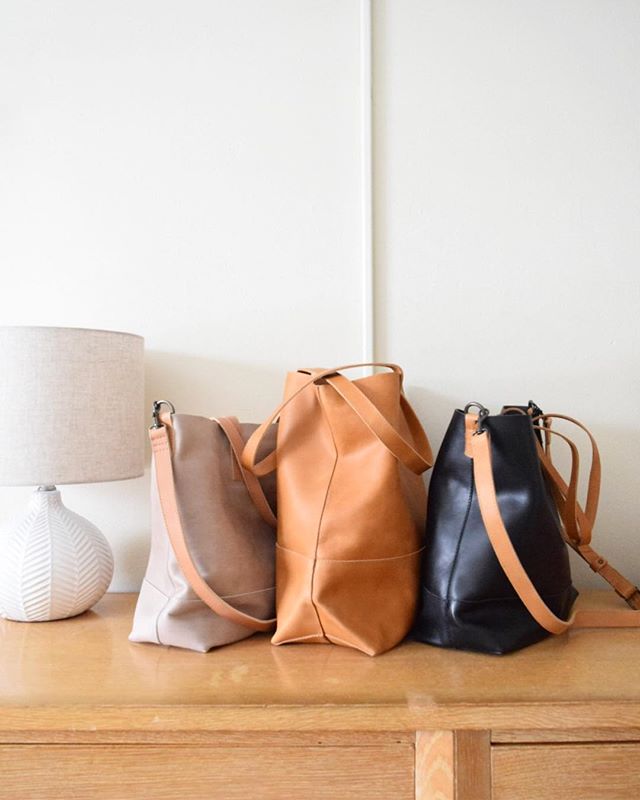
The Abridged History of Leather
Leather has been a staple material for centuries, and leather has been produced and used since the dawn of humanity. The process and of leather tanning has changed a lot throughout history, and the development of plastics has provided leather alternatives for animal lovers.
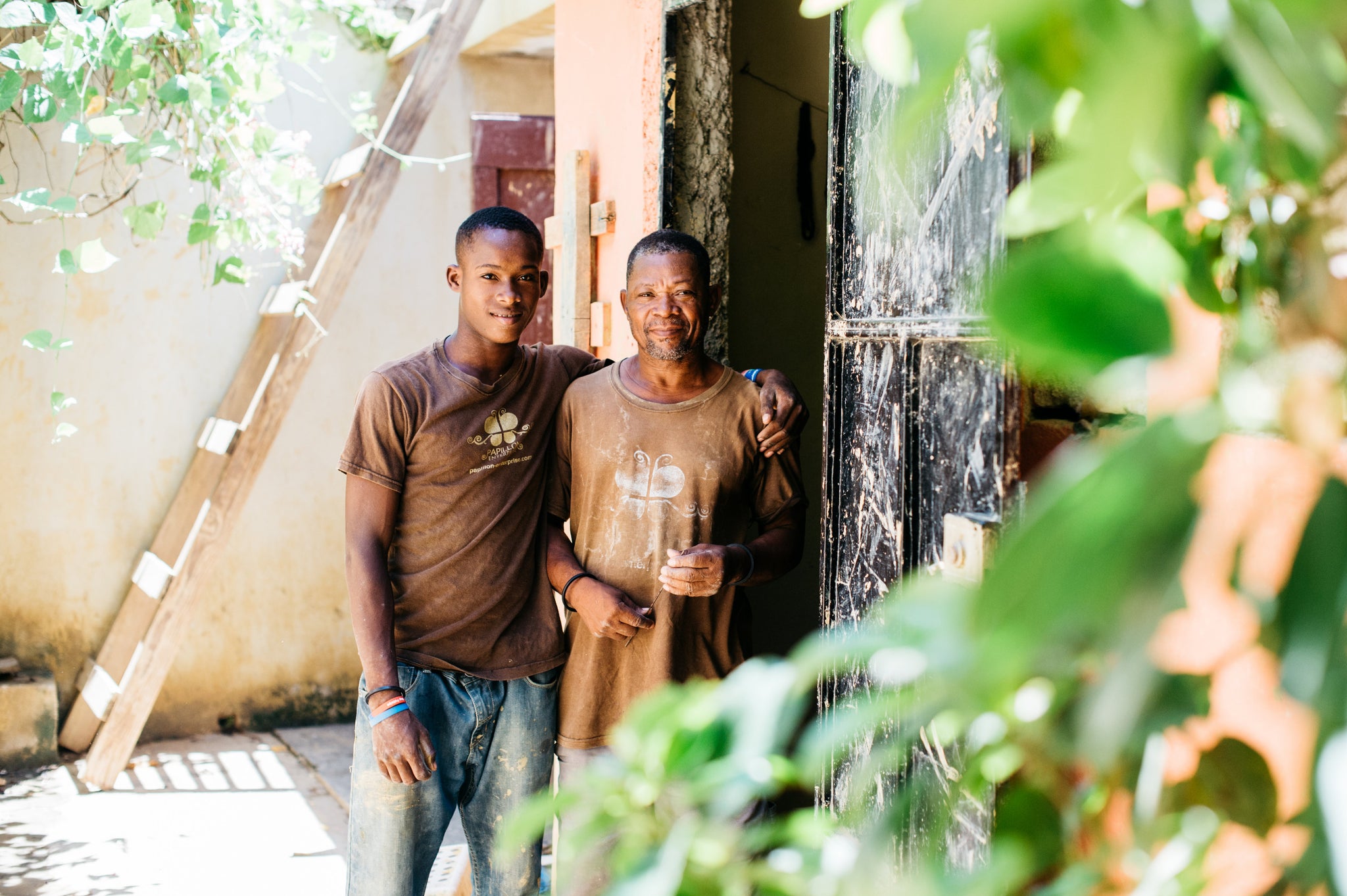
What Does "Fair Trade" Mean?
The term "Fair Trade" is thrown around a lot and is used to describe a bunch of different things, whether it be an entire market, or just a chocolate bar. So, what does it really mean? Is fair trade as important as it's made out to be?
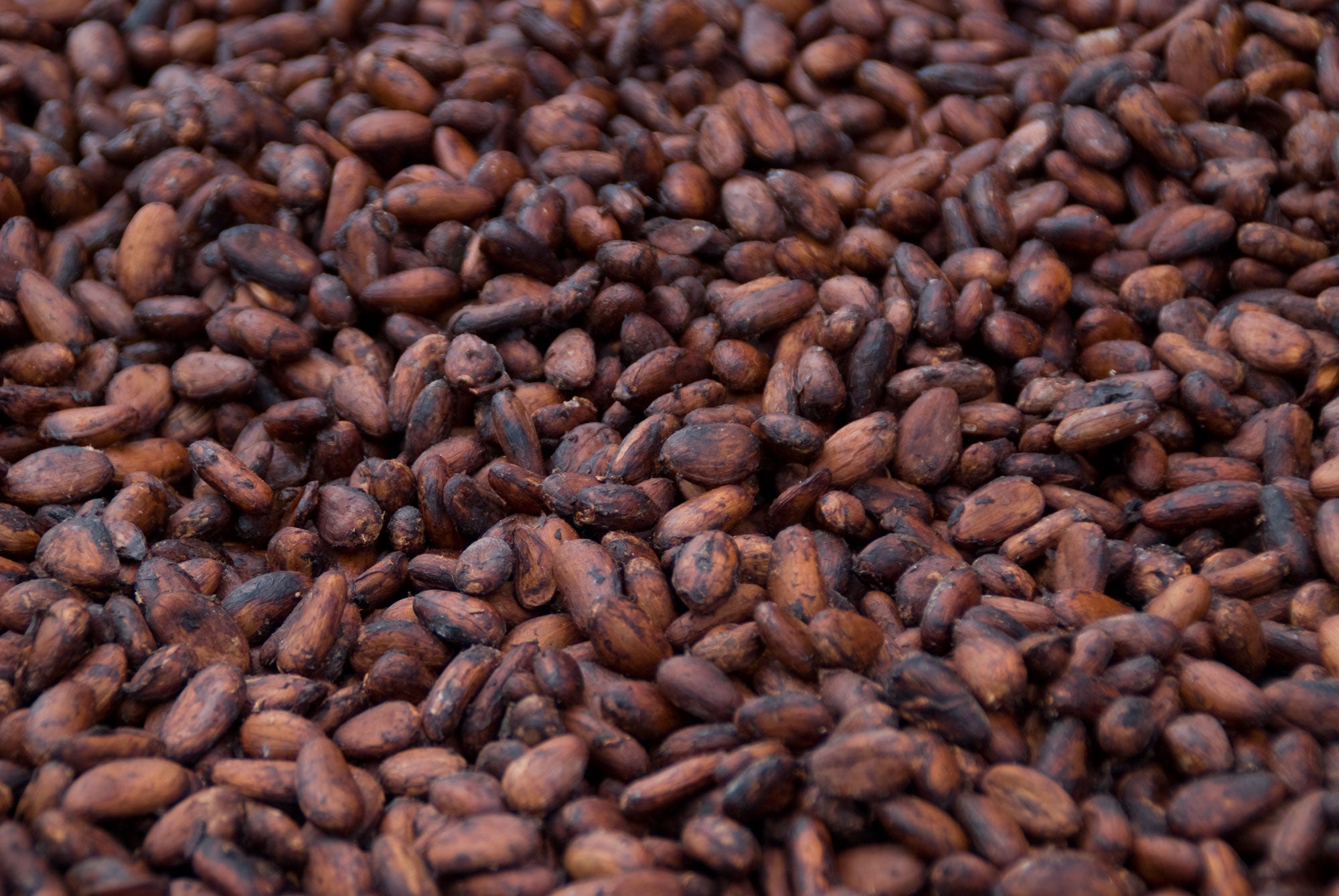
The Abridged History of Chocolate
Chocolate is a billion dollar industry in the U.S. alone. We all know and love it, but we don't all know how it became the world's favorite confection. Here's a brief overview chocolate's complex history.
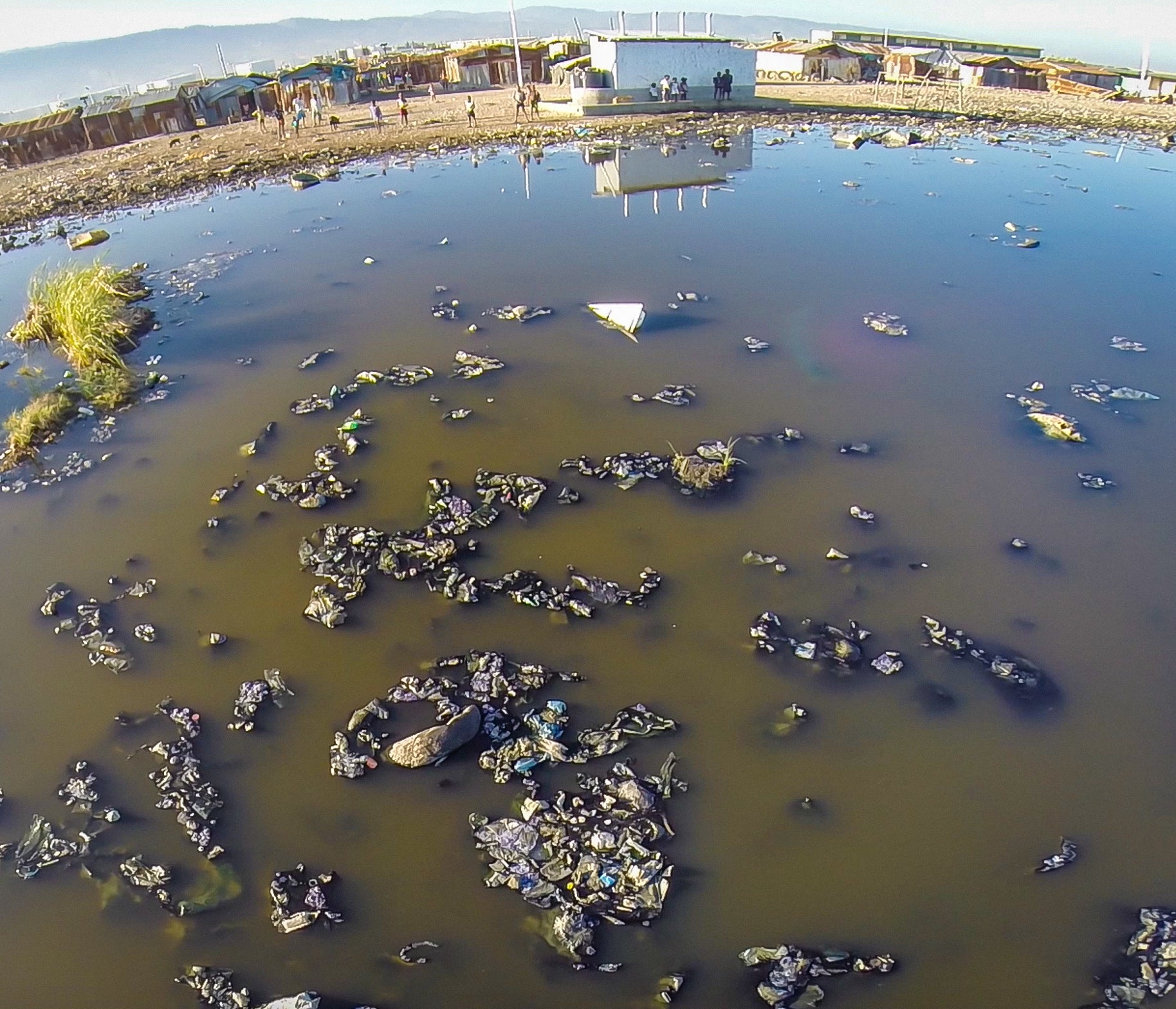
Water Usage Across the Globe
Only 2.5% of the Earth’s water is freshwater. Only about 1.2% of that water is available on the Earth’s surface. This would be plenty if water was equally distributed. Since it's not, some countries don't have a lot of fresh, clean water to go around.

The Abridged History of Coffee
Coffee is a global favorite when it comes to caffeine, and the people of the world drink a lot of it. How did this magical beverage come to be? Why does the U.S. import billions of dollars worth of it each year? How can Fair Trade Coffee make a difference?

What Makes the Burmese Language Special?
Burmese is the official language of Myanmar and is spoken by 21 million Myanmars/Burmans. Burmese is a tonal language with three primary tones. Its written form, Burmese script, or ca-lonh, is round and has an interesting history.
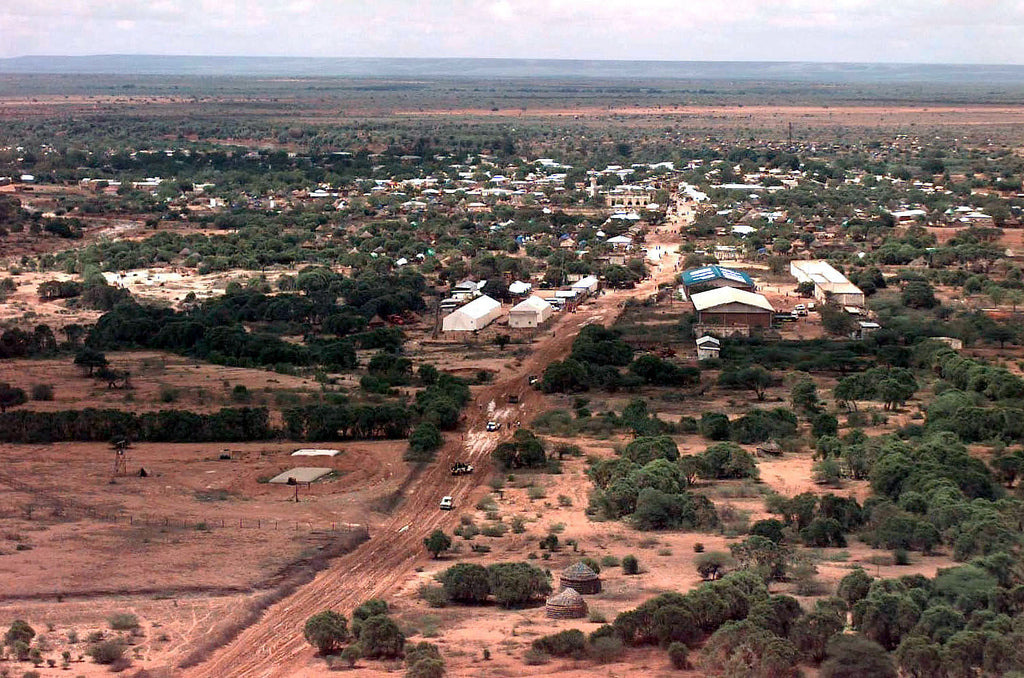
Why We Have Worlds Within the World
Coined during the Cold War, the terms First, Second, Third, and Fourth World are lacking in clarity and very outdated. What do they really mean and why don't we use these categories at Vineworks?

Haitian Creole
Haitian Creole is recognized as the co-official language of Haiti along with French. It was developed because, at first, African slaves in Haiti had no effective method of communicating with each other since they came from different parts of West Africa and spoke different languages.
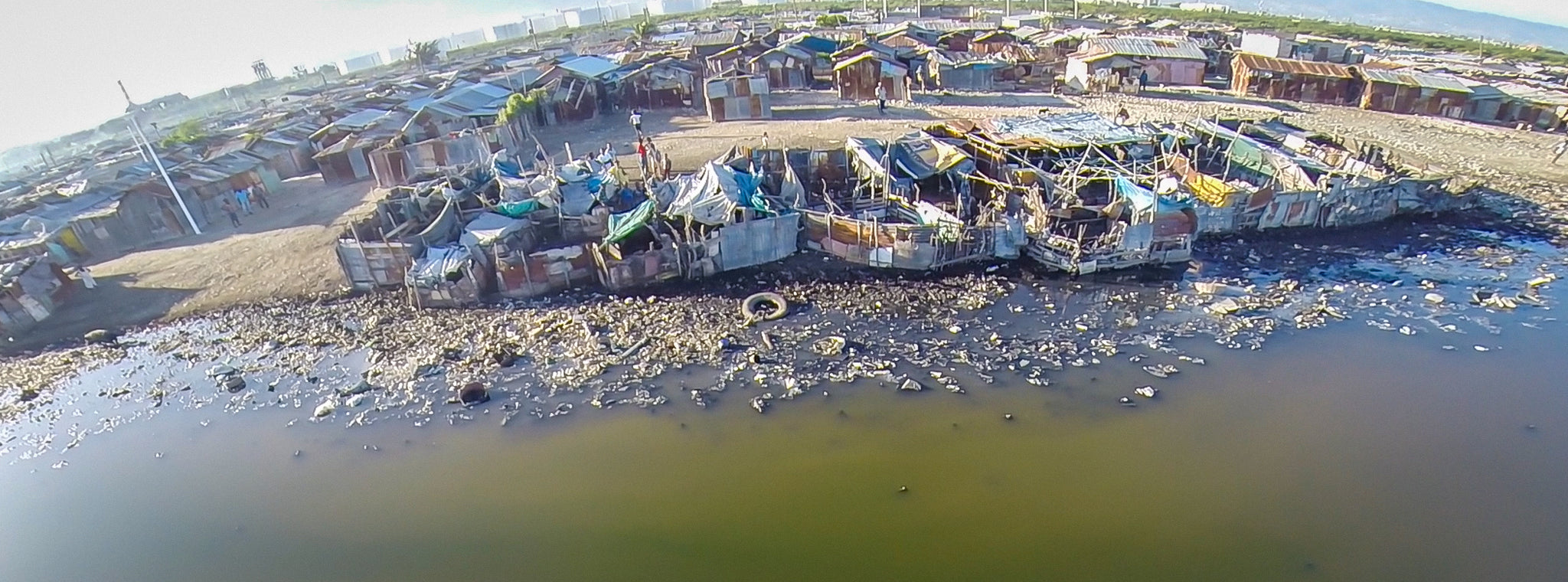
Recycling & Fair Trade
At Vineworks, we partner with many artisans in Haiti and around the globe that create art and other items out of the recyclable items they collect. There are many benefits to recycling, and the various steps necessary to recycle things create new jobs, which is incredibly helpful in economically struggling countries.
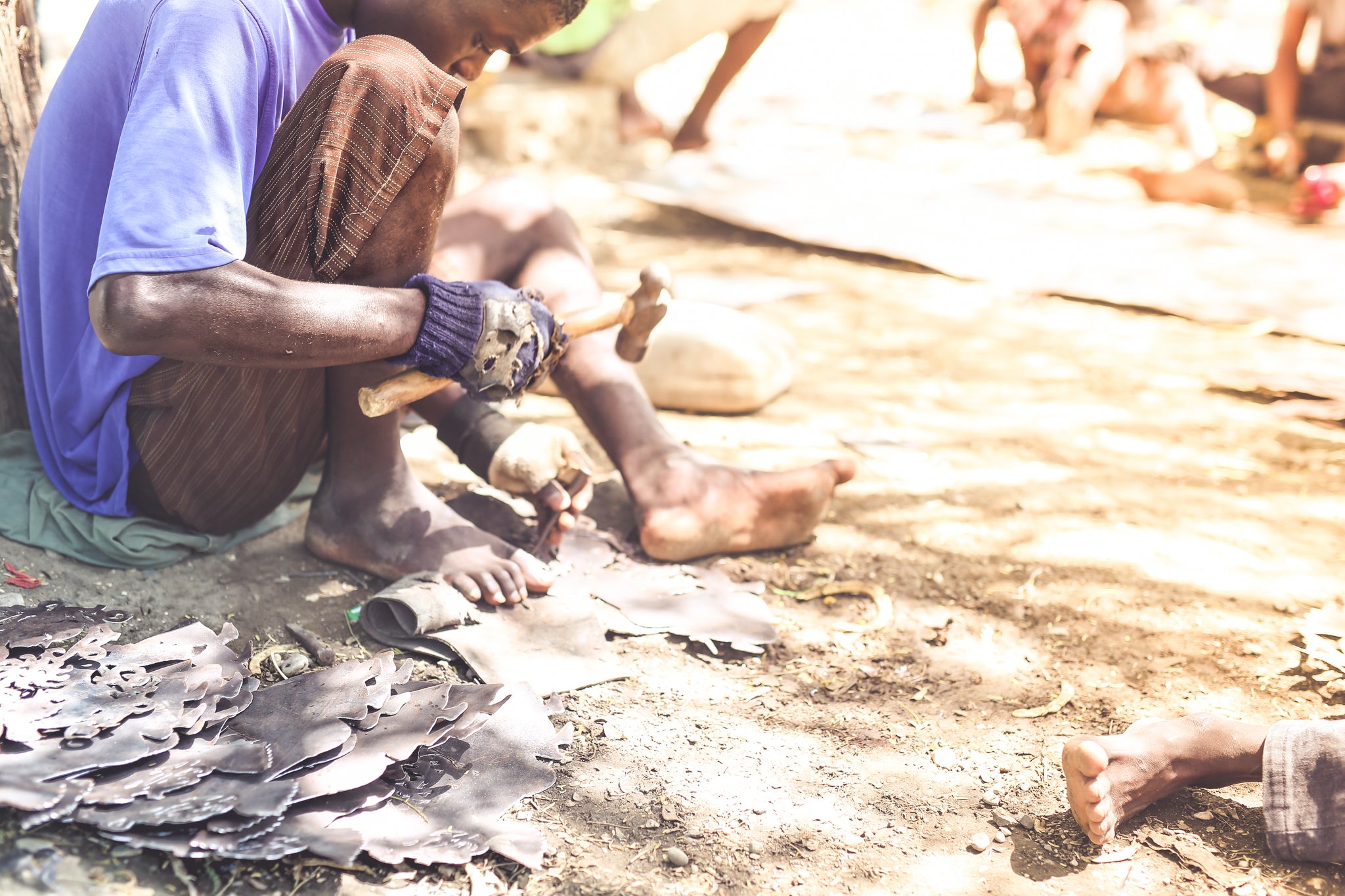
Why buy fair trade?
Fair trade represents a mission to support artisans and ensure fair prices for goods and services. In order for our world, our entire world, to thrive, we must keep in mind the people behind the products we purchase.



